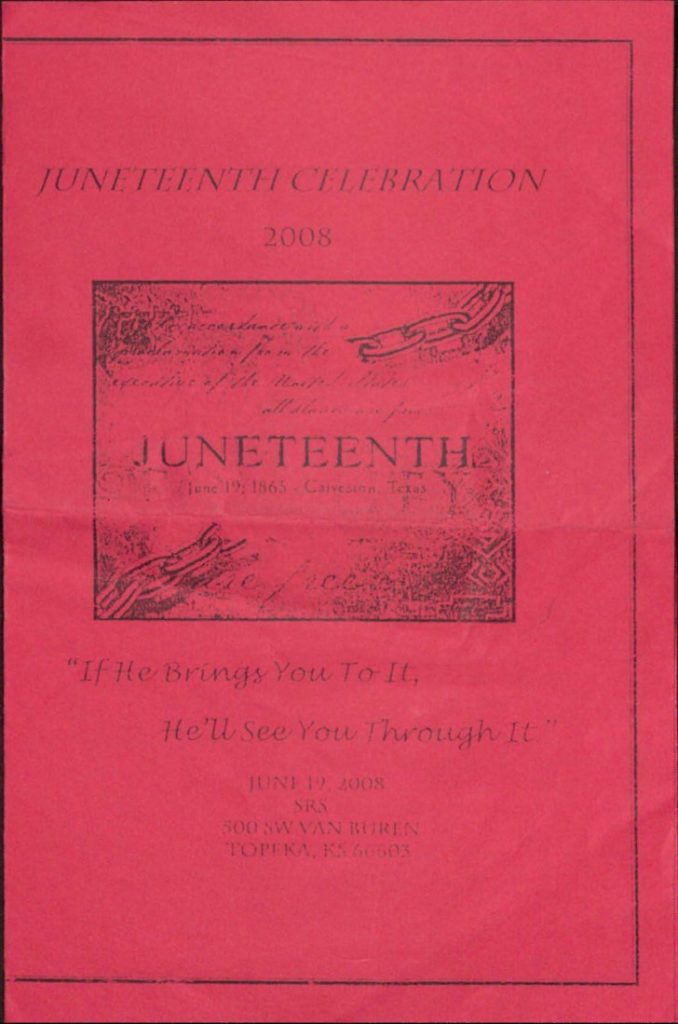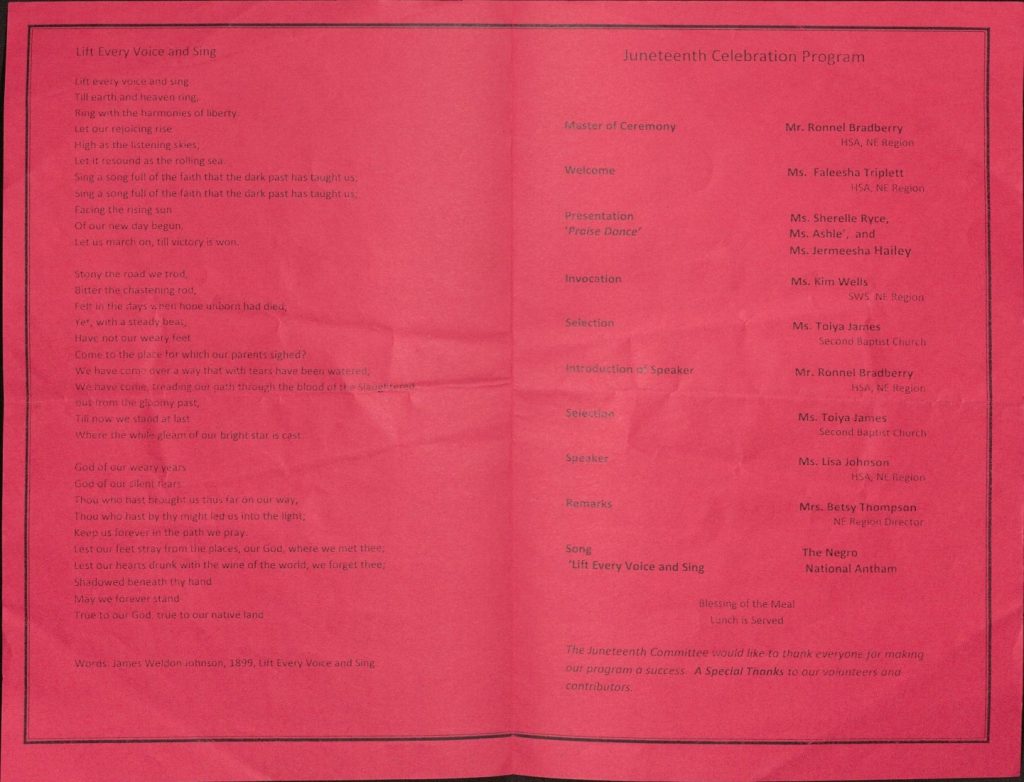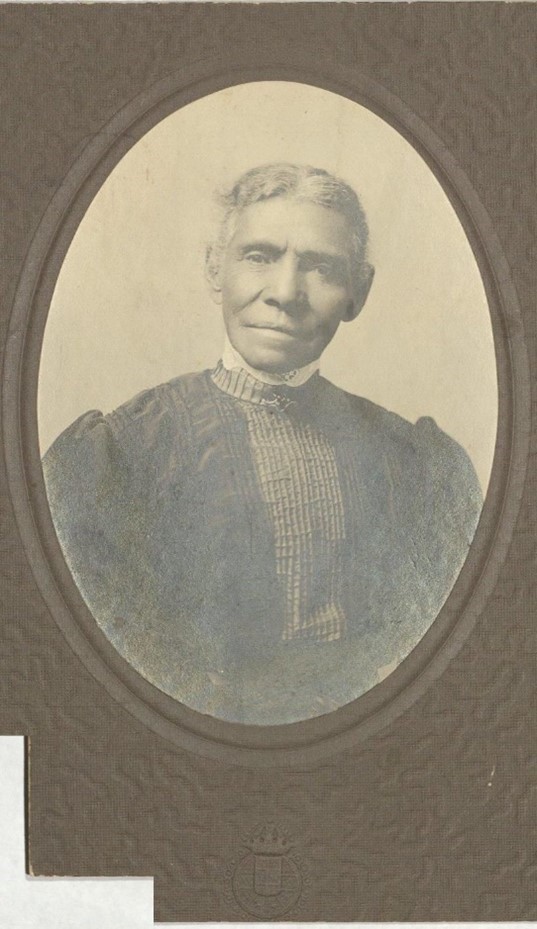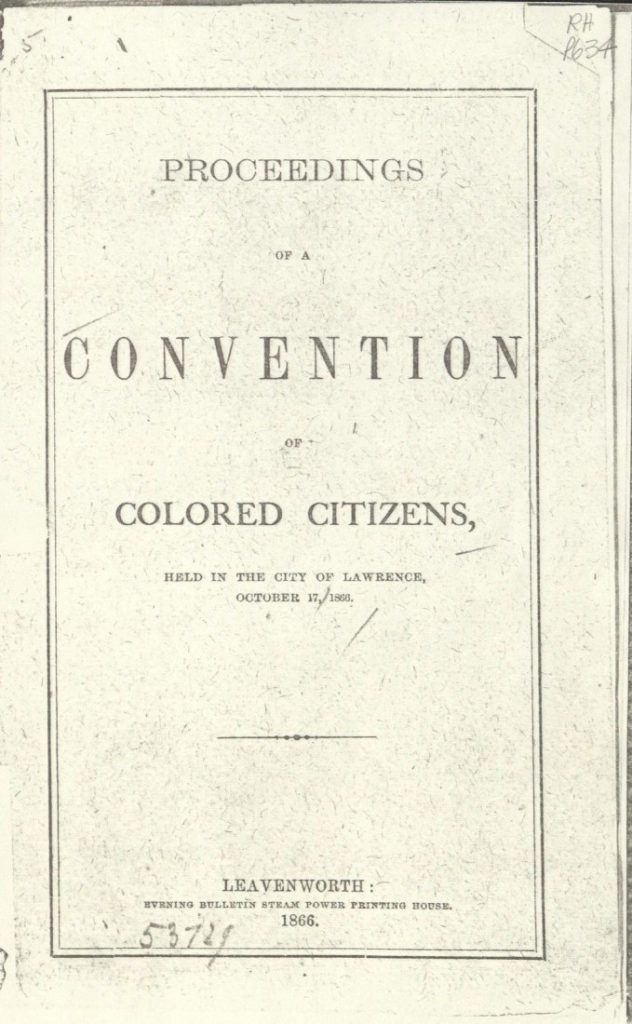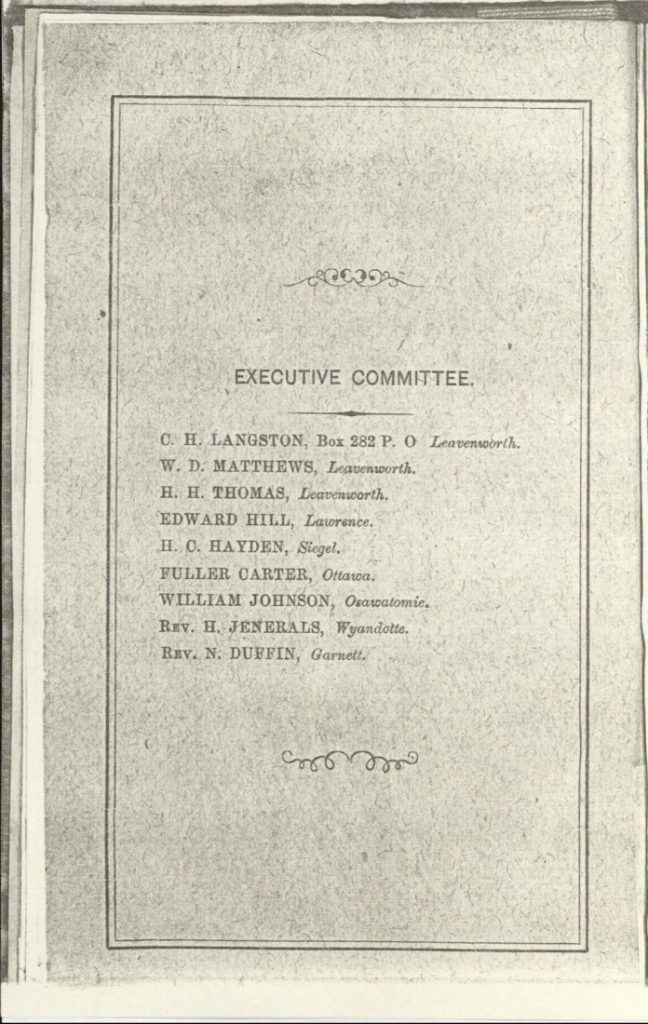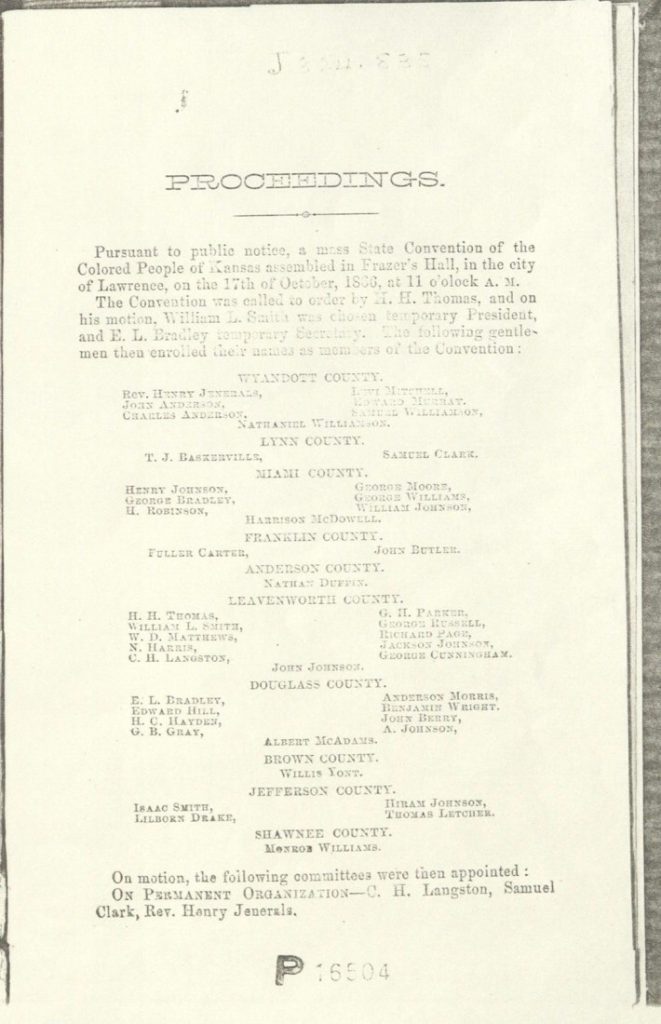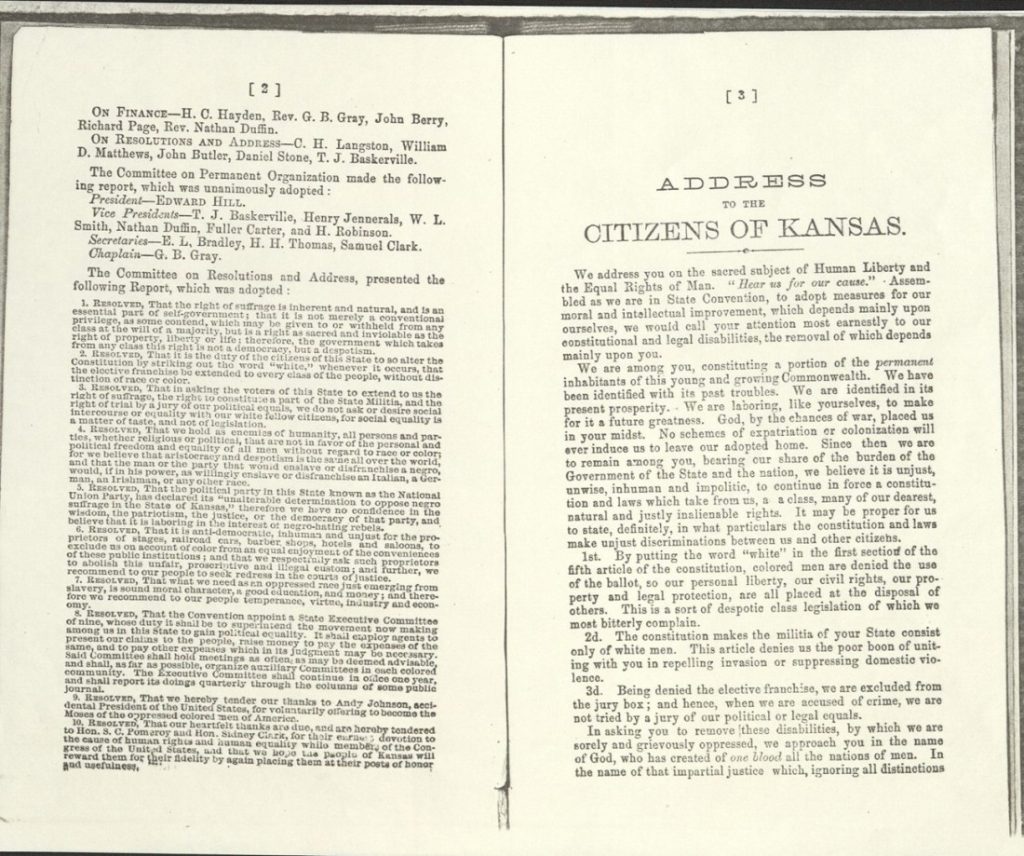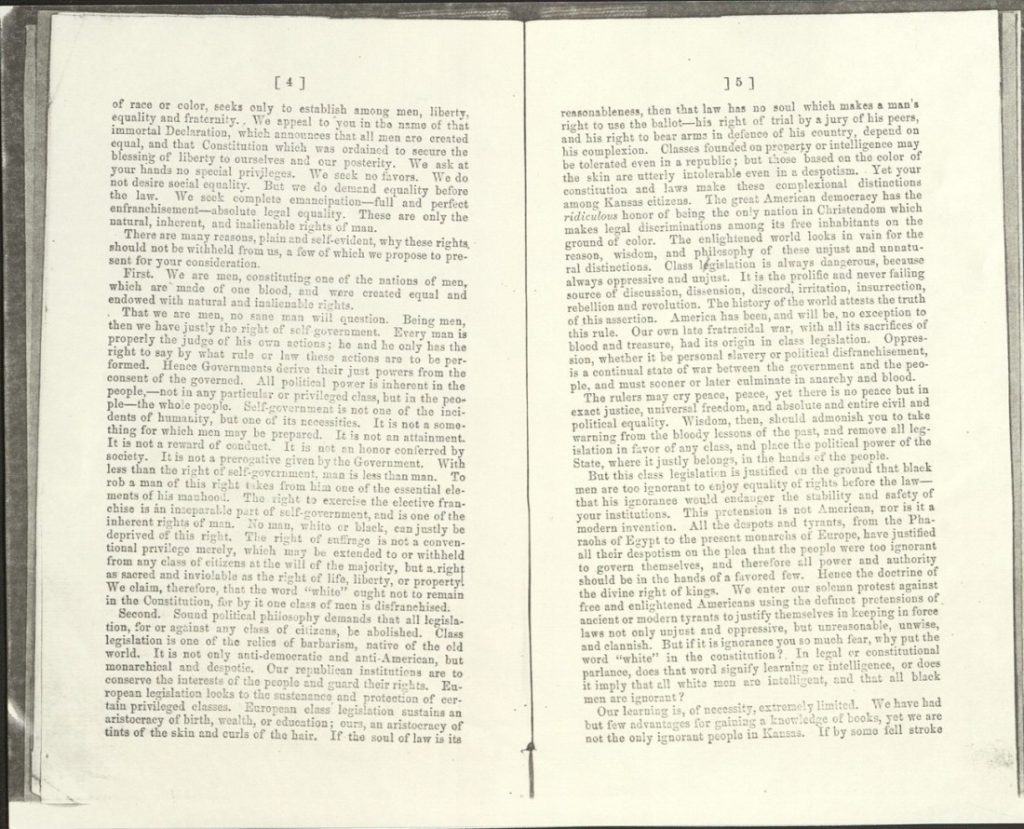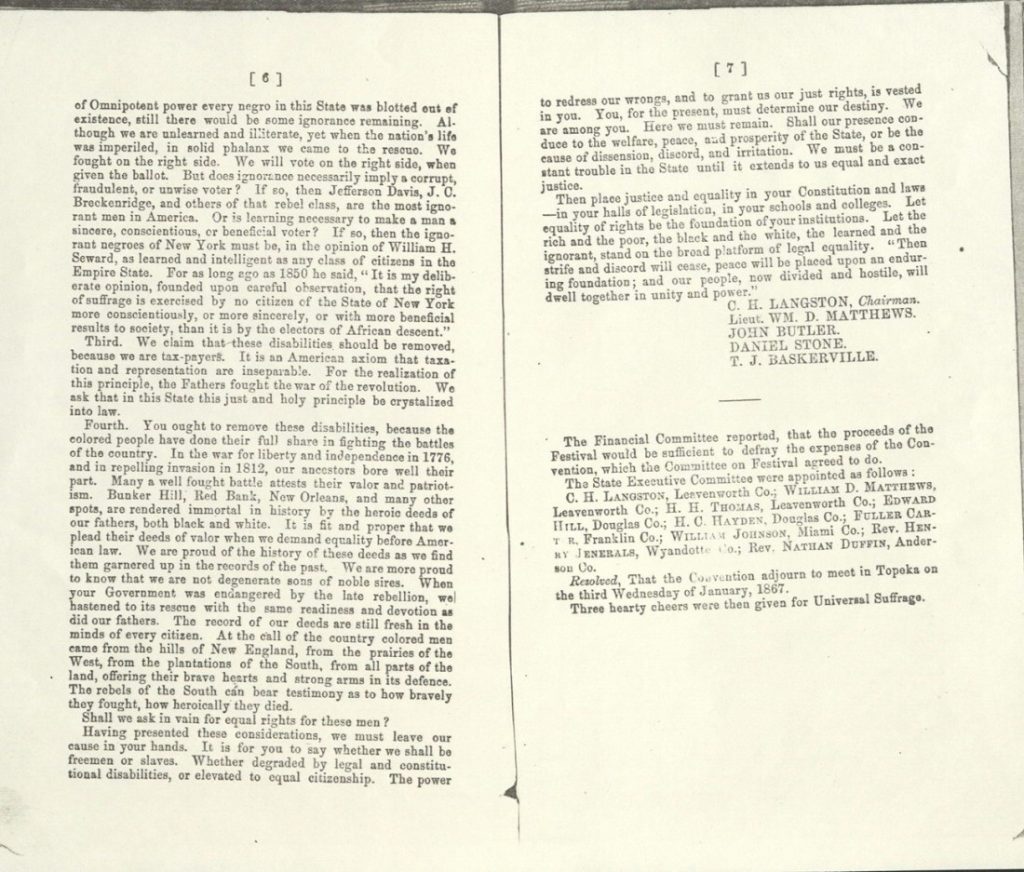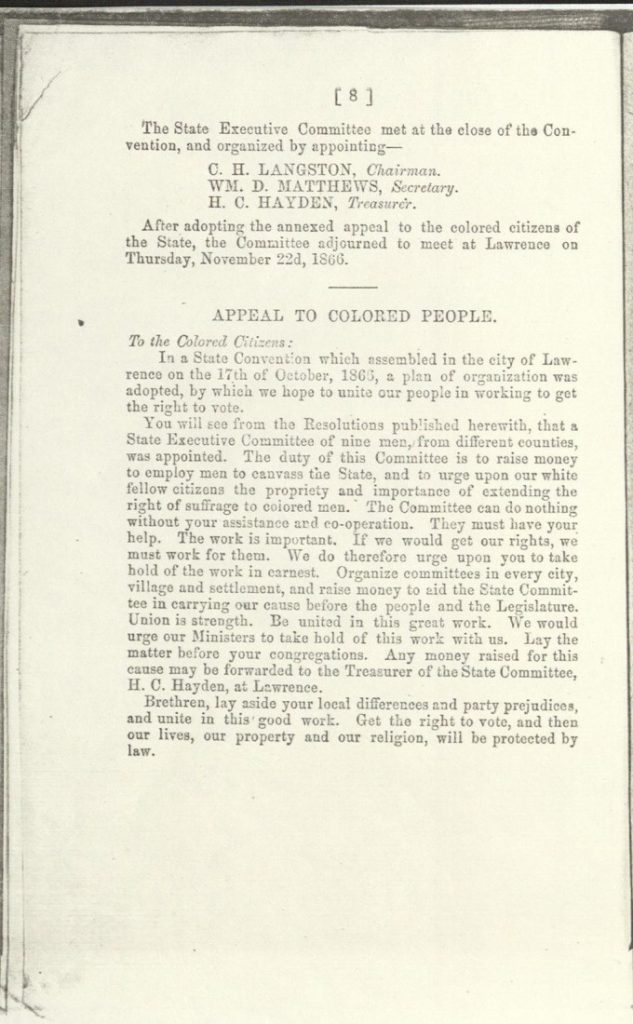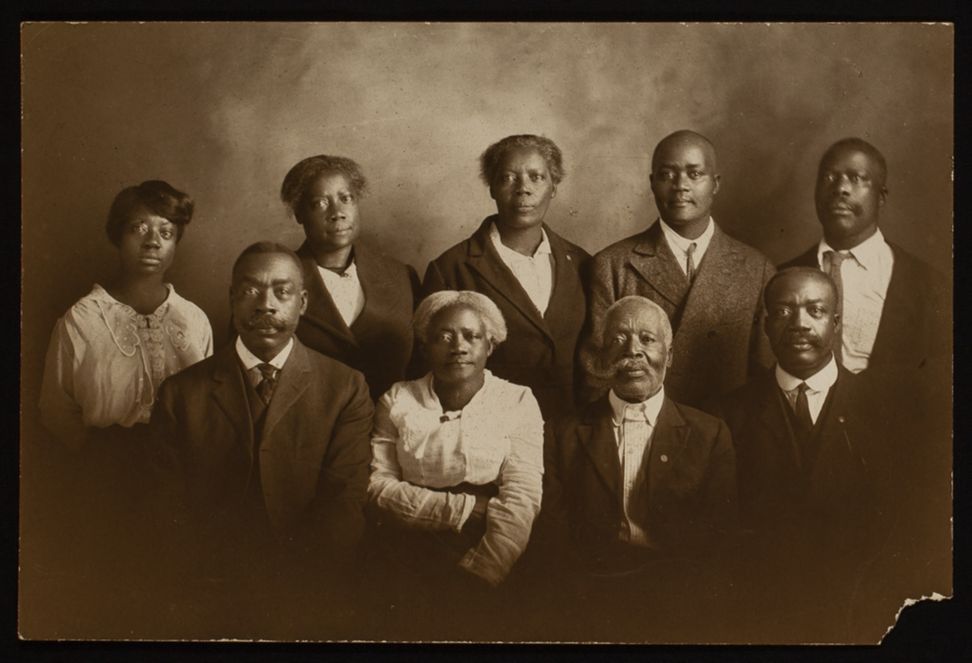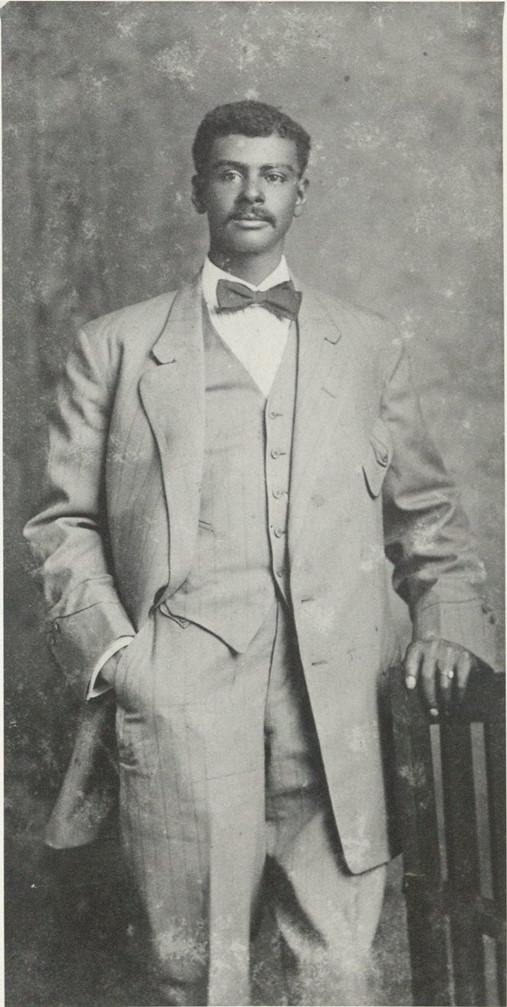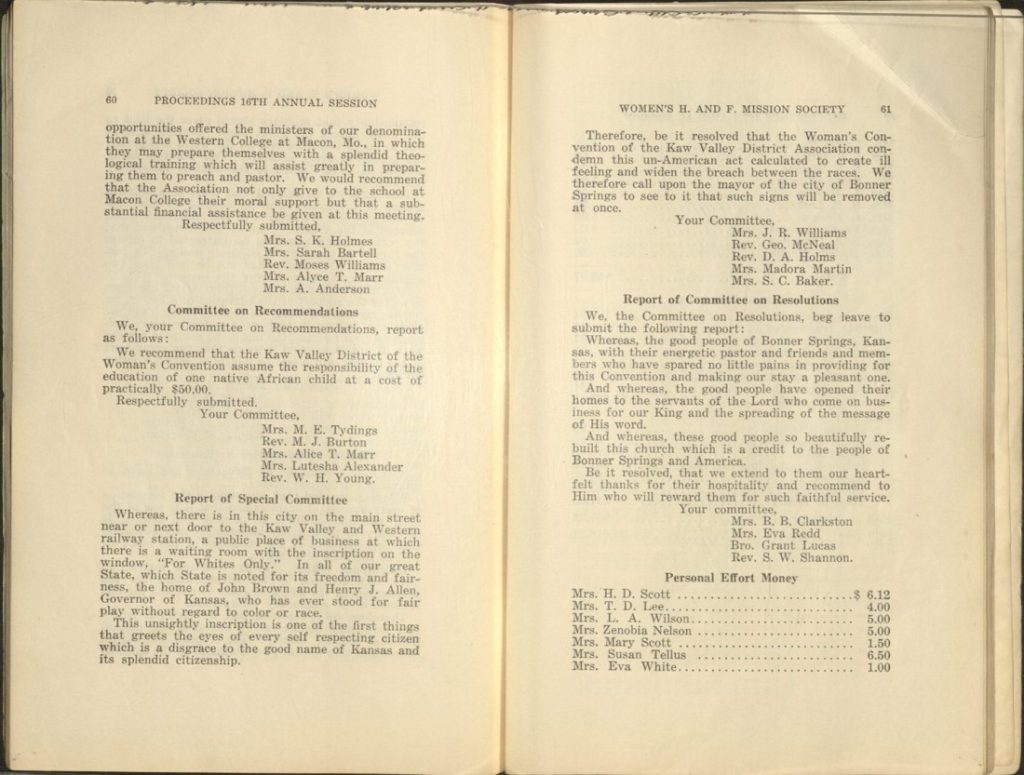My Research of Juneteenth: Understanding Emancipation Celebrations
June 18th, 2024Over the past few years, before Juneteenth became a national holiday, KU Libraries gave employees the day off as a Day of Reflection. We used this time to reflect on what we knew and learn more about African American history, understanding the history of emancipation.
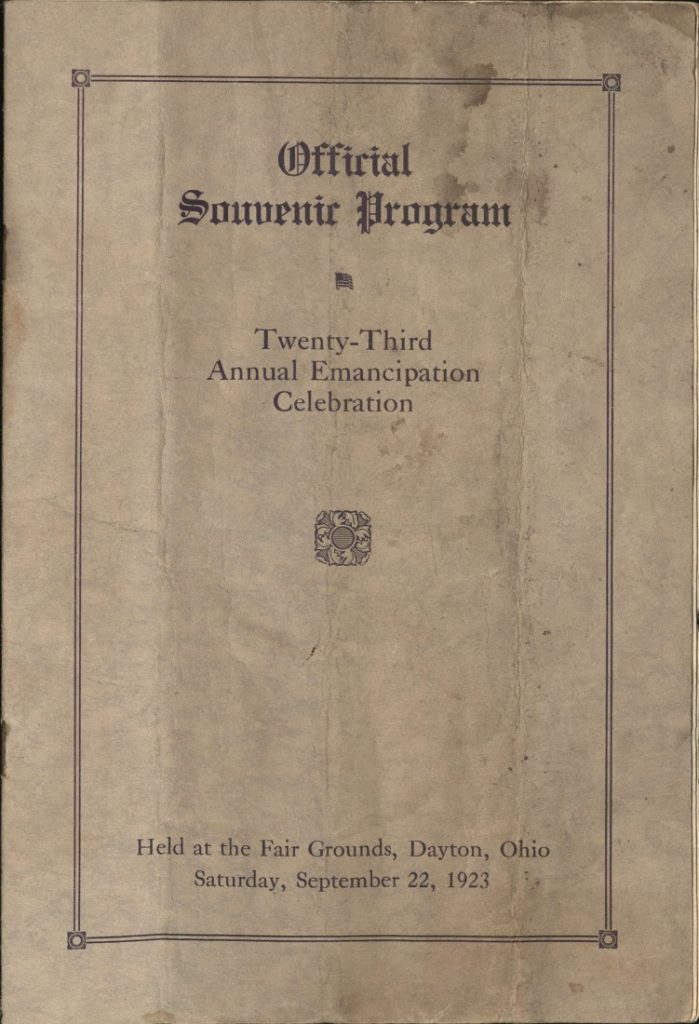
I grew up in Battle Creek, Michigan. It wasn’t as big as Detroit or Grand Rapids, but it was a large city with a number of companies that kept the city in business. Battle Creek is where the Kellogg brothers and Charles W. Post invented cereal. Those companies employed the majority of Battle Creek’s population. It is also the place where Sojourner Truth is buried.
Having this connection to the Underground Railroad where I lived, I became more interested in history. However, we learned about emancipation only from one view.
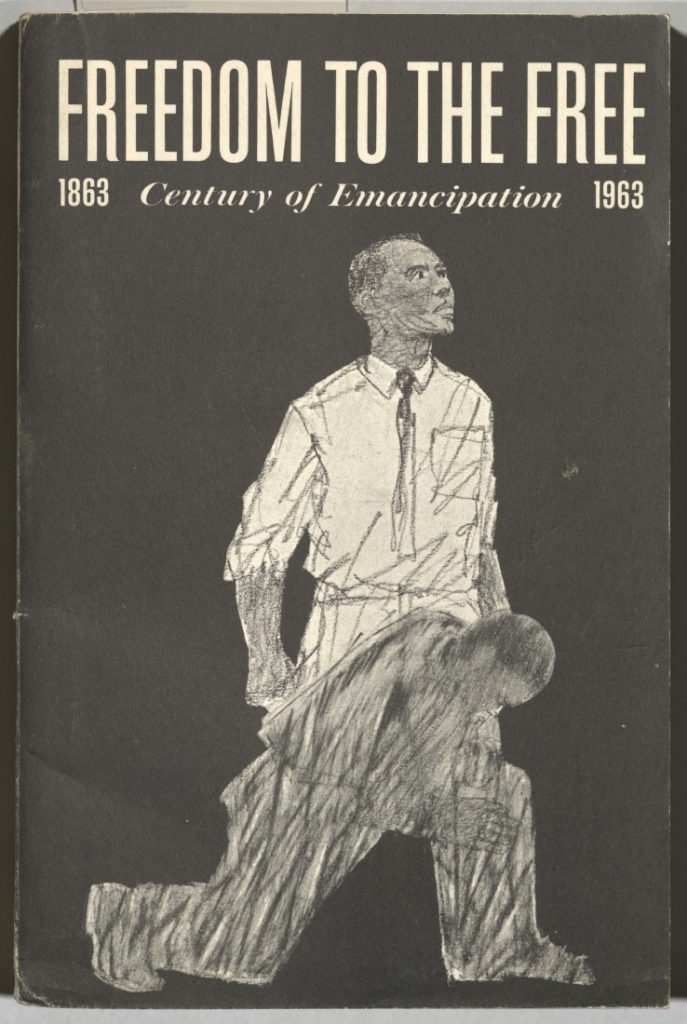
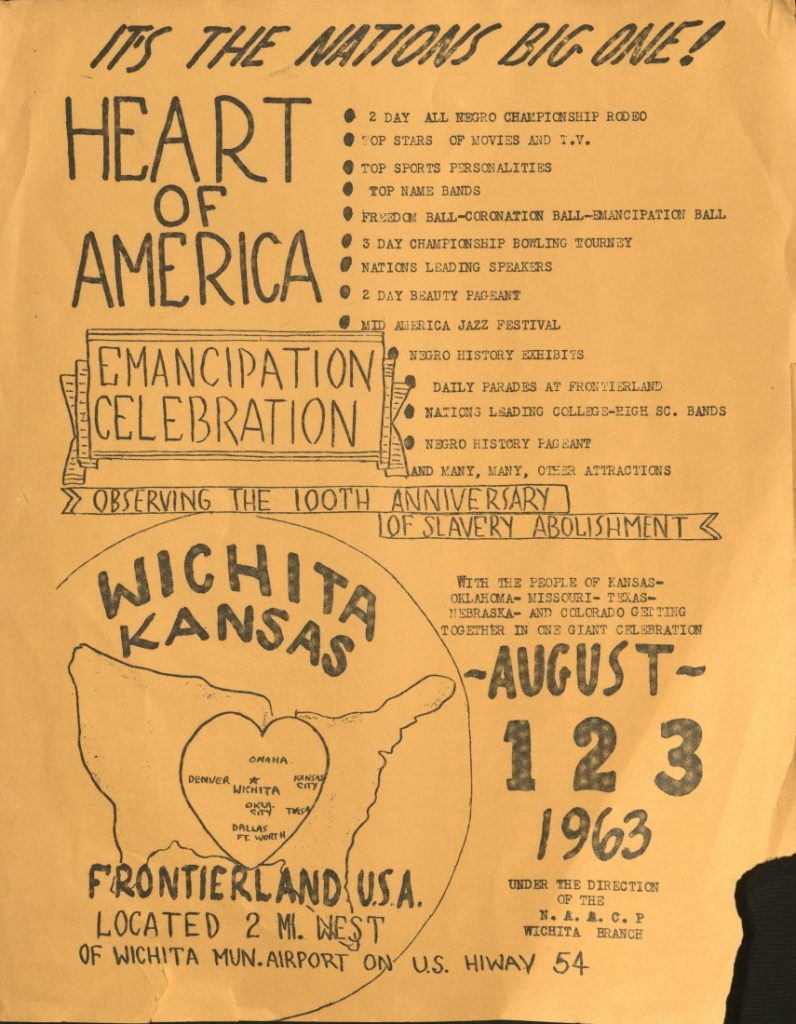
From junior high to college, many of my classmates were African American. I also had teachers, principals, and a high school counselor who were Black. It was only when I lived in and traveled around the country that I became aware of the lack of diversity in many communities.
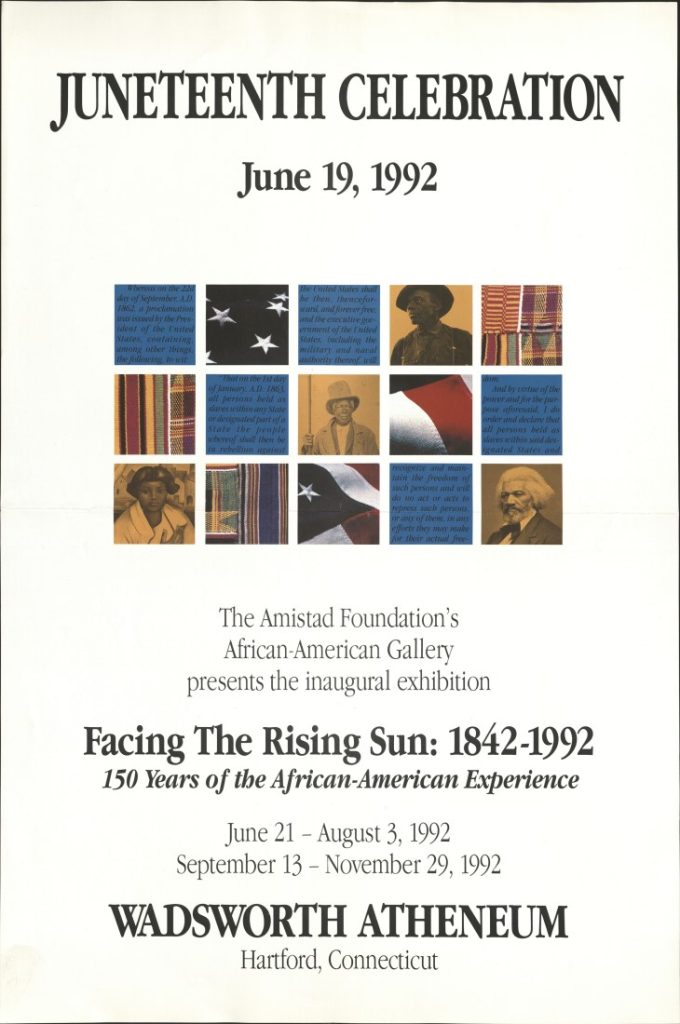
Working at Spencer with our African American Experience collections, I have become more knowledgeable about history from the African American perspective.

When I began my research on Juneteenth, I could not find much information. A colleague mentioned that I should use “emancipation” as my search term instead. I wanted to learn the importance and history of the Juneteenth holiday. I found that emancipation celebrations were held on different days of the year in different locations.
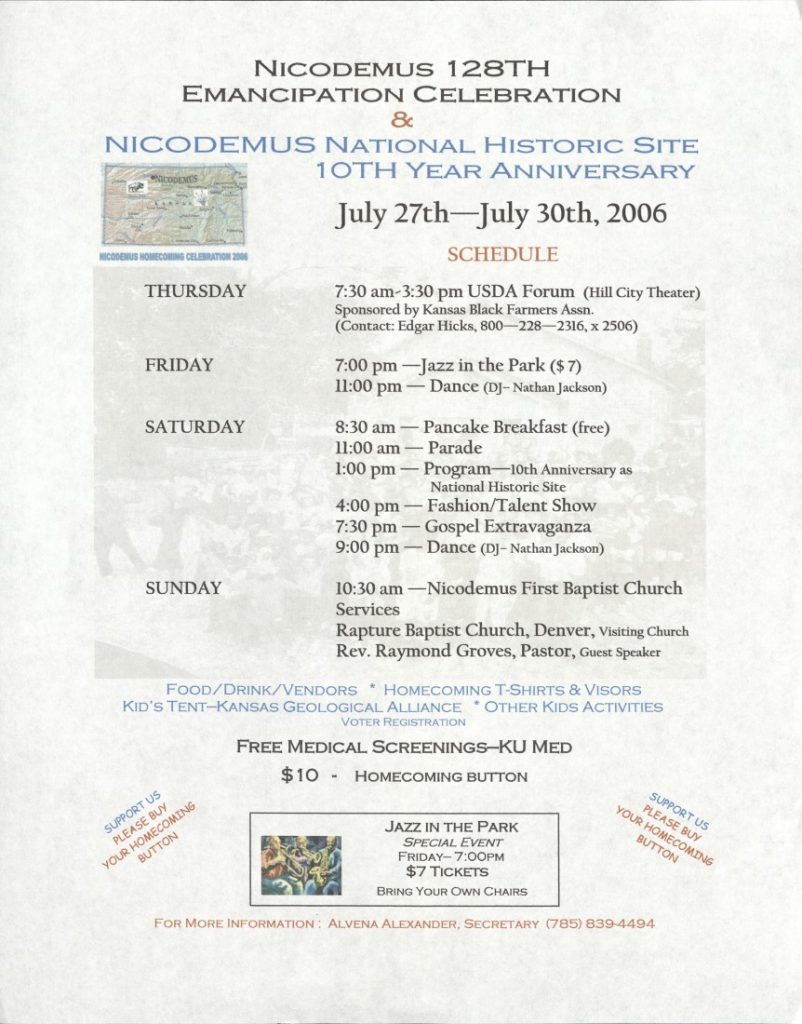
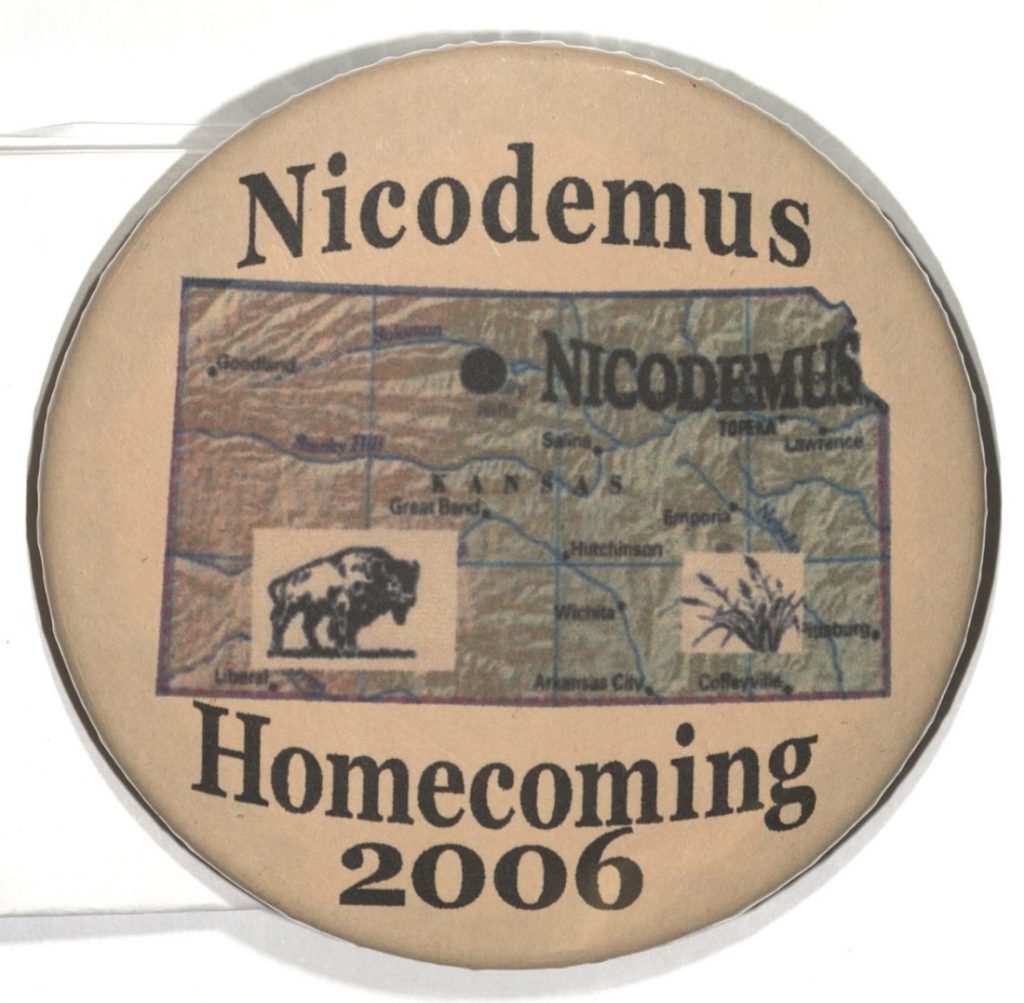
With Juneteenth becoming a national holiday, I hope it is a catalyst for people understand and learn more about African American history from their perspective. Juneteenth is more than a day off work. It is a day to celebrate African American history and U.S. history to the present.
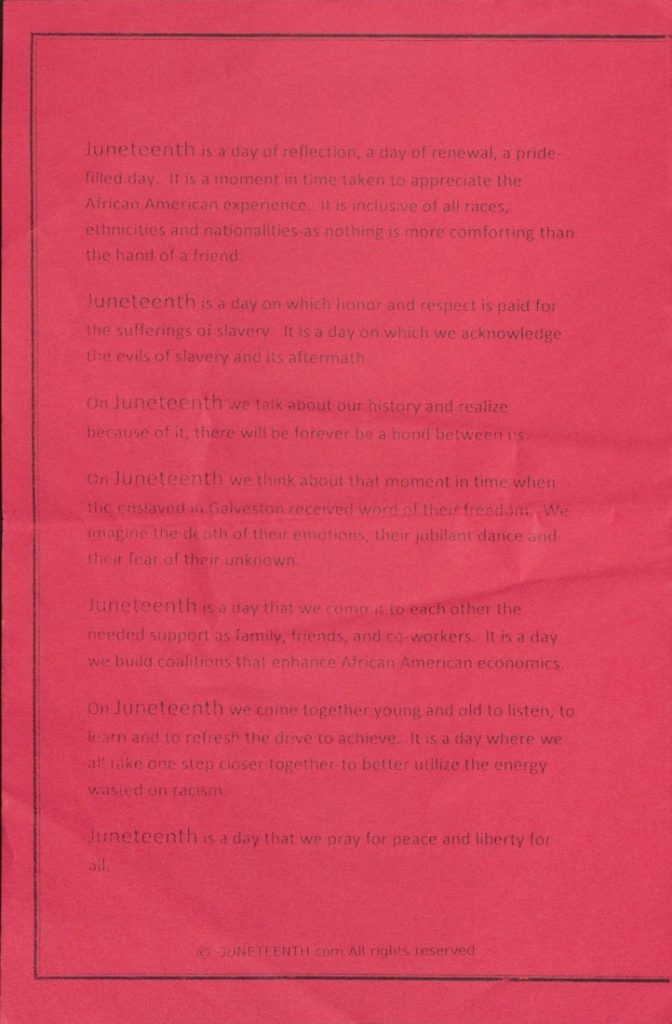
Researching our collections, I was able to find many documents on emancipation. This blog post is only a small sample from our holdings.
I encourage you to visit Spencer to see and touch the historical materials housed at the library. Spencer is free and open to the public. A reference librarian can work with you to find resources on emancipation, Juneteenth, and broader African American history in Kansas. See the library’s website for more information.
See you soon!
Meredith Phares
Operations Manager

